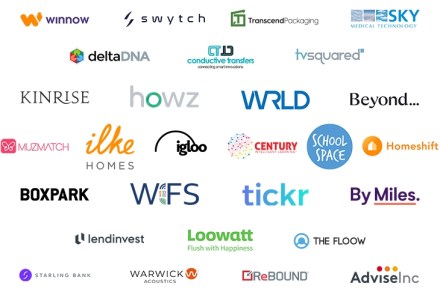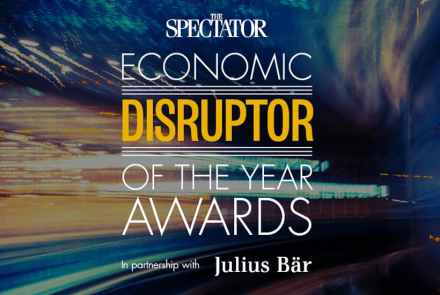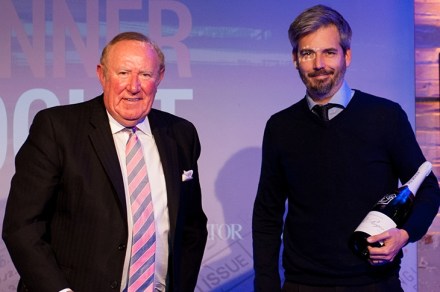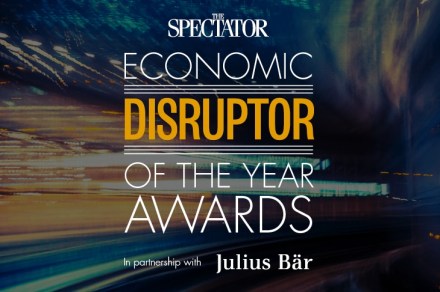Why China is planting its flag on what’s left of British Steel
It cannot be other than good news that a rescuer has been found for the bankrupt remains of British Steel, and in particular for its ‘long products’ plant at Scunthorpe — even if the buyer, at a token £50 million but with a promise of £1.2 billion of investment, is a little-known Chinese group, Jingye, owned by a former communist party official, Li Ganpo. Jingye has stepped in after potential offers from the Anglo–Indian tycoon Sanjeev Gupta and a Turkish steelmaker, Ataer, failed to firm up. Some 4,000 British Steel jobs, and many more in its supply chains, will be saved if this deal goes through. But still we might













